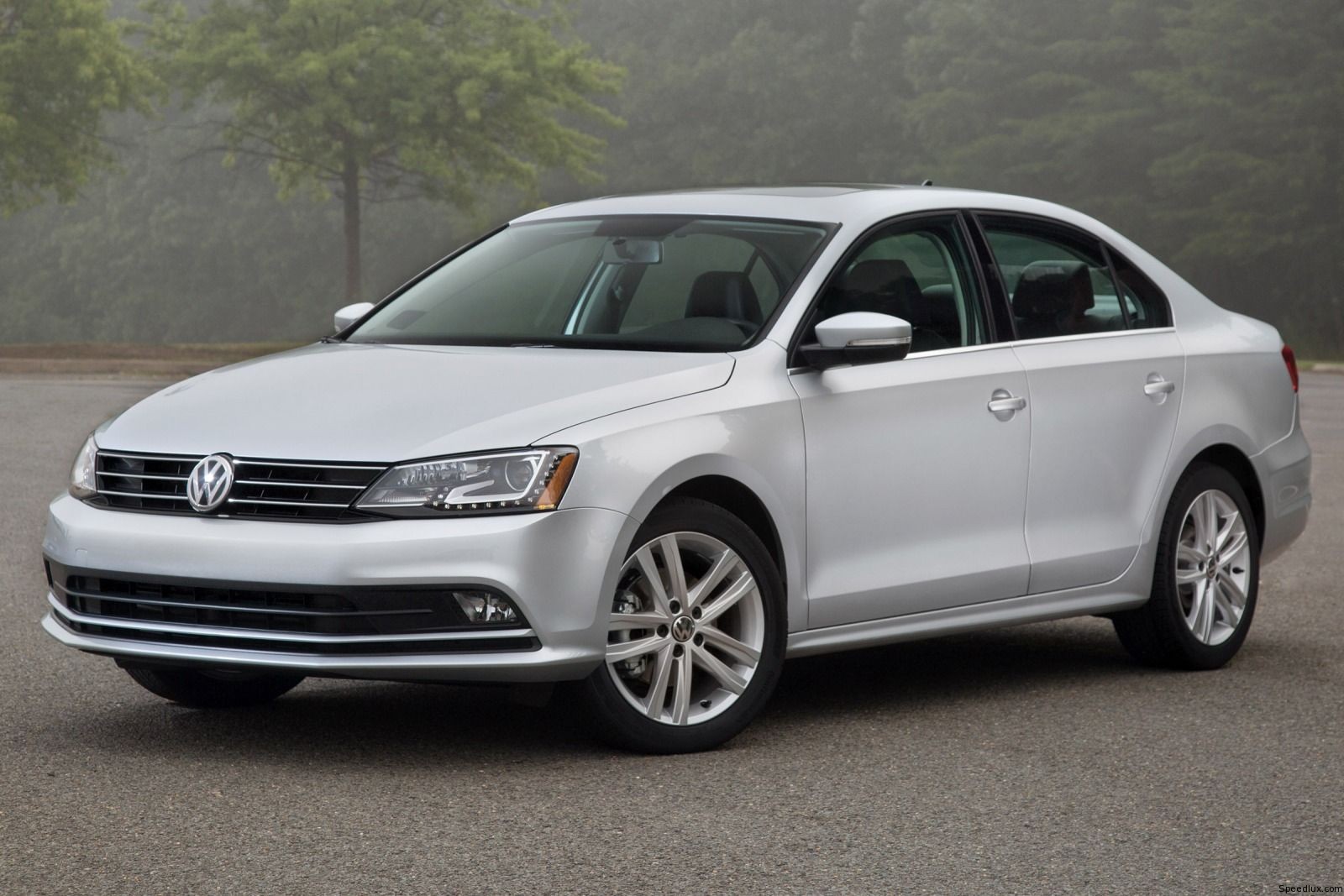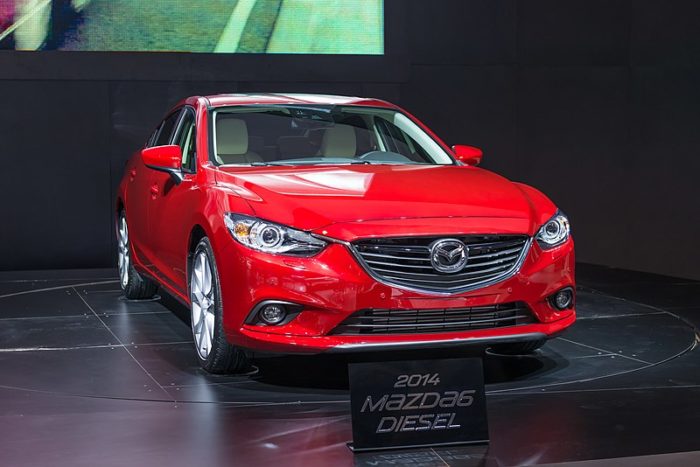Now Reading: Fall in diesel vehicle demand could put brakes on autos finance boom
-
01
Fall in diesel vehicle demand could put brakes on autos finance boom
Fall in diesel vehicle demand could put brakes on autos finance boom

A plunge in sales of diesel automobiles in Europe’s 2 most significant markets is helping to drive down the worth of pre-owned vehicles, presenting a threat to the rewarding funding strategies used by major automakers to offer millions of vehicles.
After Volkswagen’s emissions scandal, authorities throughout Europe are seeking to raise taxes on diesel vehicles that are more polluting than originally thought, and ban or limit their usage in some cities.
That is beginning to hit demand hard, with new diesel car registrations in April falling 19 percent in Germany and 27 percent in Britain. This is turn is starting to weigh on used vehicle prices.
With regulators also planning to motivate a shift to cleaner vehicles, there seems little possibility of a healing anytime soon.
The outlook is uncertain in Britain, where vehicle sales struck a record high last year fueled by financing plans that now represent almost 90 percent of sales against around a half 10 years ago, as per Exane BNP Paribas experts.
Under the “personal contract plans,” clients pay a small deposit toward a new car and then that make regular monthly payments for 2 to 3 years. After that, they can either buy the vehicle outright or return it to be sold second hand and use the equity to handle a new vehicle, starting the cycle of regular monthly payments once again.
How much they can borrow depends upon what the financing company thinks the vehicle will be worth after the 24 or 36-month duration. If residual worth drop more than anticipated, clients will have less cash to buy a new vehicle – possibly hitting demand for all brand-new vehicles, petrol as well as diesel.
“It’s a huge potential issue if that continues because it decreases the cost of automobiles potentially quite significantly,” stated Exane BNP Paribas expert Stuart Pearson.
“The concern is how quickly those residuals go down. In the United States we have seen them come down nearly 20 percent now, so the UK may have only just started.”.
Stay Informed With the Latest & Most Important News
-
![2026 Toyota Hilux EV: A Powerful Truck with Silent Torque]() 012026 Toyota Hilux EV: A Powerful Truck with Silent Torque
012026 Toyota Hilux EV: A Powerful Truck with Silent Torque -
![2027 Mercedes-Benz S-Class Debuts with V8 Engine [Photo Gallery]]() 022027 Mercedes-Benz S-Class Debuts with V8 Engine [Photo Gallery]
022027 Mercedes-Benz S-Class Debuts with V8 Engine [Photo Gallery] -
![The Financial Benefits of Corporate Fuel Cards for Fleet Management]() 03The Financial Benefits of Corporate Fuel Cards for Fleet Management
03The Financial Benefits of Corporate Fuel Cards for Fleet Management -
![What Are the Most Reliable Jaguar F‑Pace Parts to Maintain SUV Safety and Comfort?]() 04What Are the Most Reliable Jaguar F‑Pace Parts to Maintain SUV Safety and Comfort?
04What Are the Most Reliable Jaguar F‑Pace Parts to Maintain SUV Safety and Comfort? -
![Performance Toyota Hilux Clutch Kits: Are They Worth the Investment?]() 05Performance Toyota Hilux Clutch Kits: Are They Worth the Investment?
05Performance Toyota Hilux Clutch Kits: Are They Worth the Investment? -
![What Is the Cheapest Ford Truck? A Guide to Affordable Ford Pickup Options]() 06What Is the Cheapest Ford Truck? A Guide to Affordable Ford Pickup Options
06What Is the Cheapest Ford Truck? A Guide to Affordable Ford Pickup Options -
![Spy Shots: 2027 Mitsubishi Pajero Spotted in Testing Ahead of Possible U.S. Return]() 07Spy Shots: 2027 Mitsubishi Pajero Spotted in Testing Ahead of Possible U.S. Return
07Spy Shots: 2027 Mitsubishi Pajero Spotted in Testing Ahead of Possible U.S. Return

![2027 Mercedes-Benz S-Class Debuts with V8 Engine [Photo Gallery]](https://speedlux.com/wp-content/uploads/2026/01/2027-Mercedes-Benz-S-Class-33-700x394.jpg)





















































